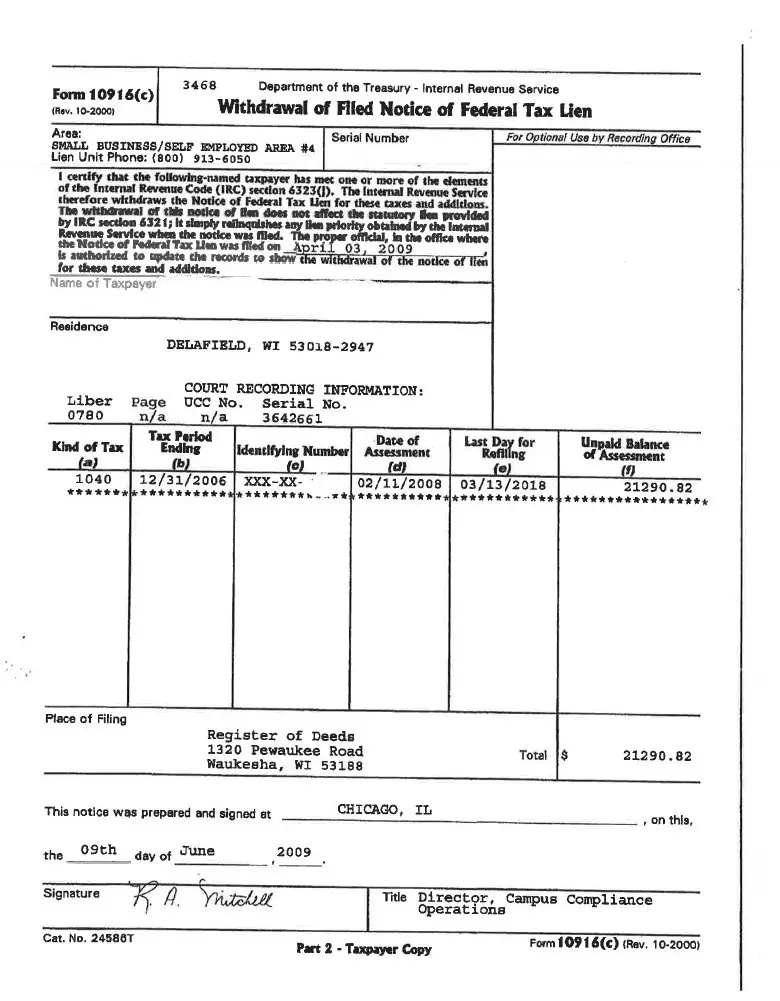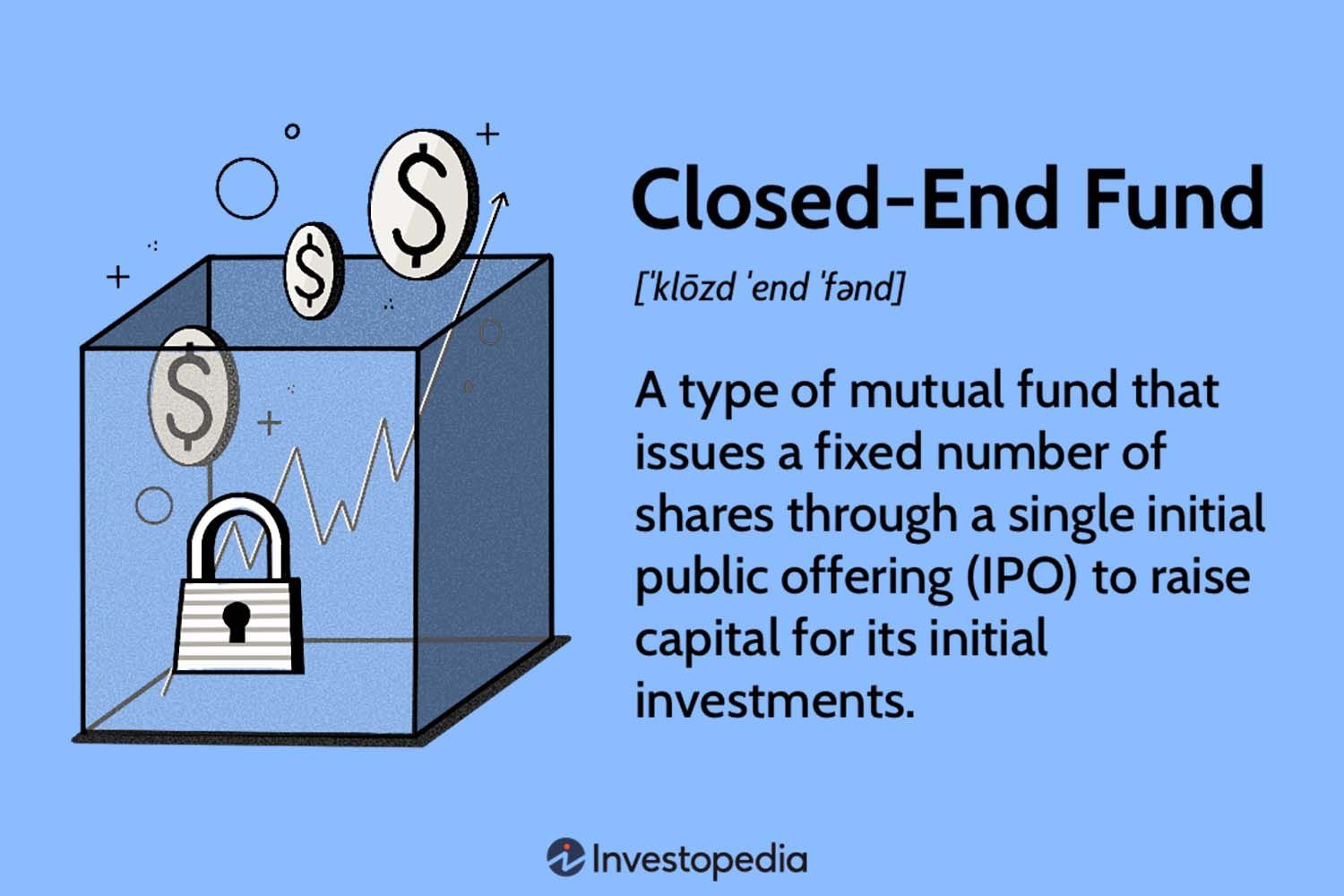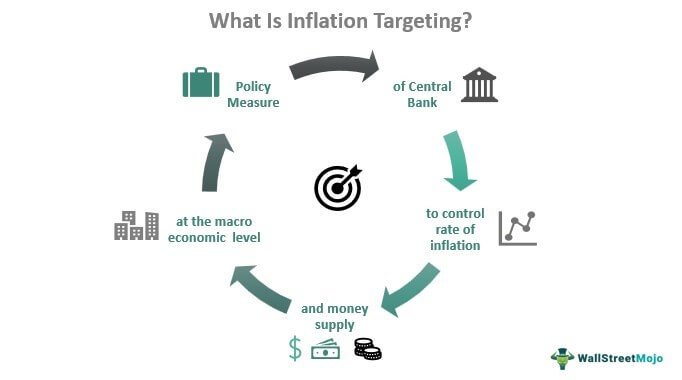Looking for the perfect investment advisor or broker? Look no further! Choosing the right financial professional can make all the difference in achieving your investment goals. With so many options out there, it can be overwhelming to know where to start. But worry not, as we’ve got you covered. In this article, we’ll guide you on how to choose an investment advisor or broker that suits your needs and helps you navigate the complex world of investing. So, let’s dive in and find that perfect match for your financial journey!
How to Choose an Investment Advisor or Broker
Investing your hard-earned money can be a daunting task, especially if you lack the knowledge and expertise required to make informed decisions. That’s where an investment advisor or broker comes in. These professionals can offer guidance and help you navigate the complex world of investments. However, choosing the right investment advisor or broker is crucial to your financial success. In this article, we’ll explore the key factors to consider when selecting an investment advisor or broker, ensuring you find the perfect fit for your needs.
1. Determine Your Investment Goals
Before you start looking for an investment advisor or broker, it’s vital to define your investment goals. Are you saving for retirement, planning to buy a house, or seeking to grow your wealth over time? Understanding your objectives will help you find an advisor or broker who specializes in the areas that align with your goals. Different advisors and brokers have expertise in various investment products and industries, so it’s essential to choose someone who can cater to your specific needs.
2. Research Different Types of Advisors and Brokers
There are various types of investment advisors and brokers available, each offering different services and catering to different types of investors. Here are some common types to consider:
- Robo-Advisors: These are digital platforms that use algorithms to create and manage investment portfolios for users. They are typically more affordable and suitable for individuals with lower investment amounts.
- Full-Service Brokers: These professionals offer personalized advice and a wide range of investment products. They are ideal for investors who prefer a hands-on approach and are willing to pay higher fees.
- Discount Brokers: Discount brokers provide a basic platform for executing trades at a lower cost. They are suitable for experienced investors who don’t require extensive advice.
- Financial Planners: These professionals offer comprehensive financial planning services, including investment advice, retirement planning, tax planning, and more.
Research and understand the different types available to determine which one aligns with your goals and preferences.
3. Check Credentials and Qualifications
When choosing an investment advisor or broker, it’s crucial to verify their credentials and qualifications. Look for professionals who have relevant certifications, such as Certified Financial Planner (CFP), Chartered Financial Analyst (CFA), or Chartered Investment Counselor (CIC). These designations indicate that the advisor or broker has undergone rigorous training and adheres to ethical standards.
Furthermore, check if the advisor or broker is registered with the appropriate regulatory bodies, such as the Securities and Exchange Commission (SEC) or the Financial Industry Regulatory Authority (FINRA). These registrations ensure that the professional operates within the legal framework and is subject to regulatory oversight.
4. Understand the Fee Structure
Before committing to an investment advisor or broker, it’s essential to understand their fee structure. Different advisors and brokers have varying fee models, and it’s crucial to choose one that aligns with your budget and investment strategy. Common fee structures include:
- Percentage of Assets Under Management (AUM): The advisor or broker charges a percentage of your total investment portfolio.
- Commission-based: The advisor or broker earns a commission on each transaction or trade executed on your behalf.
- Flat Fee: The advisor or broker charges a fixed fee for their services, regardless of the size of your investment portfolio.
- Hourly Fee: The advisor or broker charges an hourly rate for their time and advice.
Evaluate the fee structure and consider the value you expect to receive in return. Remember to factor in any additional costs, such as account maintenance fees or transaction fees.
5. Assess the Advisor’s or Broker’s Track Record
One of the essential aspects to consider when choosing an investment advisor or broker is their track record. Look for professionals with a consistent history of delivering solid returns and achieving their clients’ investment goals. While past performance doesn’t guarantee future results, it provides insights into their investment strategy and decision-making capabilities.
Ask the advisor or broker for references or testimonials from their existing clients. Reach out to these clients and inquire about their experience, satisfaction level, and whether the advisor or broker has helped them achieve their financial goals.
6. Evaluate Communication and Accessibility
Effective communication is vital when working with an investment advisor or broker. You should feel comfortable discussing your financial situation and goals with them. Assess their communication style and determine if it aligns with your preferences. Do they explain complex investment concepts in a way that is easy to understand? Are they responsive to your inquiries and proactive in providing updates?
Consider their accessibility as well. Will you have direct access to the advisor or broker, or will you communicate through a team of associates? Understanding the communication dynamics ensures a smooth and efficient working relationship.
7. Seek Recommendations and Conduct Interviews
Ask your friends, family, or colleagues for recommendations on investment advisors or brokers they trust. Personal recommendations can provide valuable insights and help you narrow down your options. However, don’t solely rely on recommendations. Conduct your own research and interviews to ensure the professional meets your specific requirements.
Prepare a list of questions to ask during the interview process. Some sample questions include:
- How do you determine the most suitable investment strategy for your clients?
- What is your approach to risk management?
- How often will we review my investment portfolio?
- What is your investment philosophy?
- Can you provide examples of successful investment recommendations you’ve made in the past?
These questions will help you assess the advisor’s or broker’s expertise, investment philosophy, and communication skills.
8. Trust Your Instincts
Ultimately, selecting an investment advisor or broker is a personal decision. Trust your instincts and choose someone you feel comfortable working with. If you have any doubts or reservations, it’s best to continue your search until you find the right fit. Remember, this is your financial future at stake, and it’s essential to have confidence and trust in your chosen advisor or broker.
Choosing an investment advisor or broker is a significant decision that can greatly impact your financial well-being. By determining your goals, researching different types of advisors and brokers, checking credentials, understanding the fee structure, assessing track records, evaluating communication and accessibility, seeking recommendations, conducting interviews, and trusting your instincts, you’ll be well-equipped to find a professional who can guide you towards achieving your investment objectives. Take the time to thoroughly evaluate your options, and don’t rush the decision-making process. With the right investment advisor or broker by your side, you’ll be on your way to making informed and successful investment decisions.
Is your "financial advisor" actually an advisor? Investment advisor vs. broker & how to choose!
Frequently Asked Questions
Frequently Asked Questions (FAQs)
How do I choose an investment advisor or broker?
Investing in the right advisor or broker is crucial for your financial goals. Here are key factors to consider when choosing one:
What qualifications should I look for in an investment advisor or broker?
When selecting an advisor or broker, consider qualifications such as certifications like Certified Financial Planner (CFP), Chartered Financial Analyst (CFA), or relevant licenses like Series 7 (for brokers).
Do I need an investment advisor or can I manage my investments myself?
Deciding whether to seek an advisor or manage investments yourself depends on your financial knowledge, time commitment, and comfort level. Consult with an advisor to assess your individual needs.
How can I determine if an investment advisor or broker is trustworthy?
To ensure trustworthiness, consider evaluating their reputation, credentials, track record, and any disciplinary history. Additionally, you can check for client references and online reviews.
What types of fees should I expect when working with an investment advisor or broker?
Advisors and brokers may charge different types of fees for their services, such as commission-based, fee-based, or fee-only. It is important to understand the fee structure and how it aligns with your investment goals.
Should I choose an investment advisor or a broker based on their past investment performance?
While past performance can offer insights, it is not the sole criteria for selecting an advisor or broker. Look for professionals who demonstrate a holistic approach, personalized advice, and a strong understanding of your investment objectives.
What questions should I ask during my initial meeting with an investment advisor or broker?
During your initial meeting, ask questions about their experience, investment philosophy, services offered, fees, and how they communicate with clients. This will help you assess their suitability for your needs.
How often should I expect to communicate with my investment advisor or broker?
The frequency of communication depends on your preferences and the complexity of your investments. Some individuals may choose to have regular meetings, while others may prefer periodic updates. Discuss communication expectations with your advisor or broker.
Final Thoughts
When choosing an investment advisor or broker, there are a few key factors to consider. First, research their qualifications, experience, and track record to ensure they are knowledgeable and reliable. Second, consider the fees and commissions they charge, as well as any potential conflicts of interest. Third, evaluate their communication skills and ability to understand your investment goals. Lastly, take the time to compare options and gather recommendations from trusted sources. By following these steps to choose an investment advisor or broker, you can make an informed decision that aligns with your financial goals and priorities.



